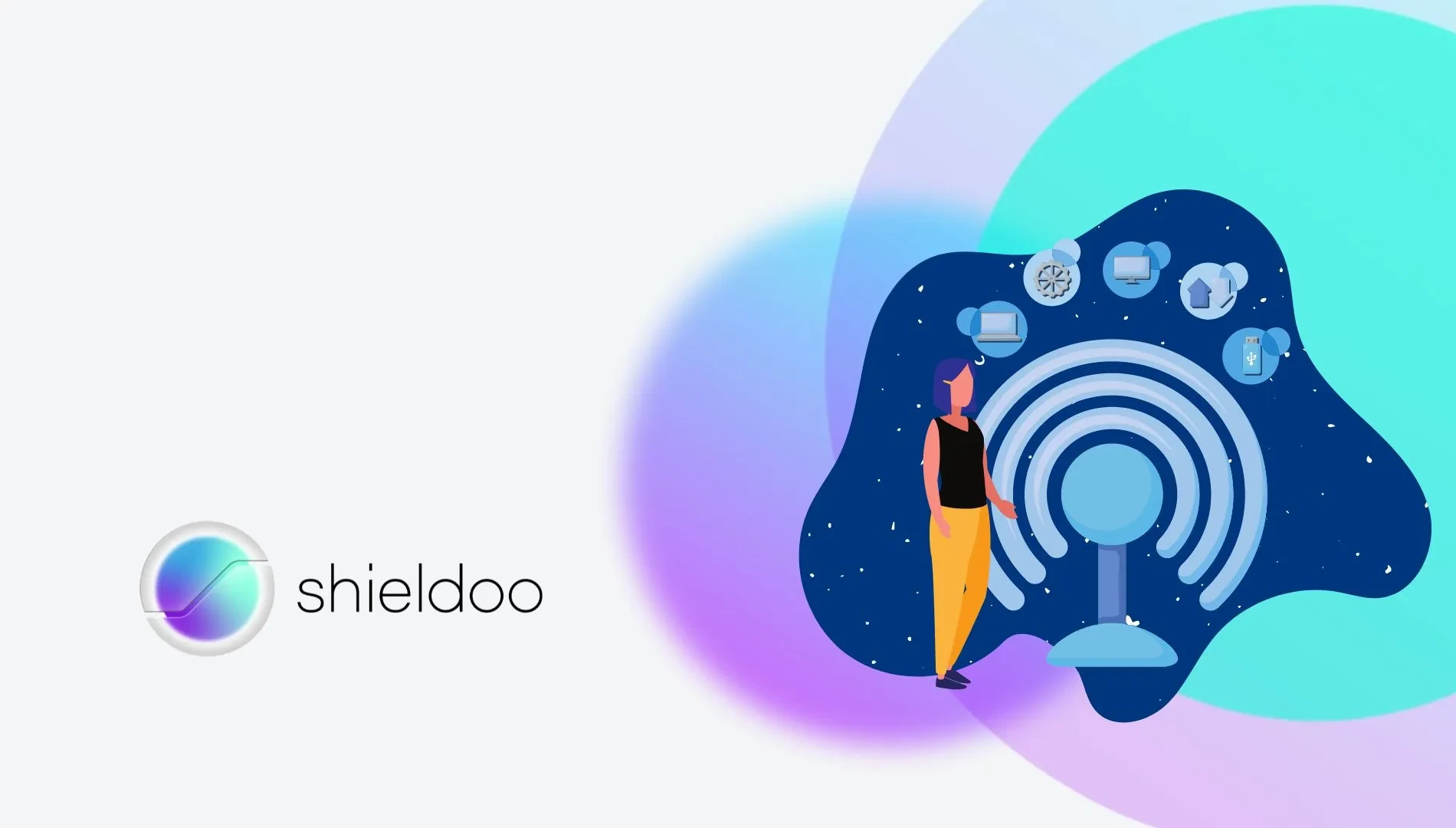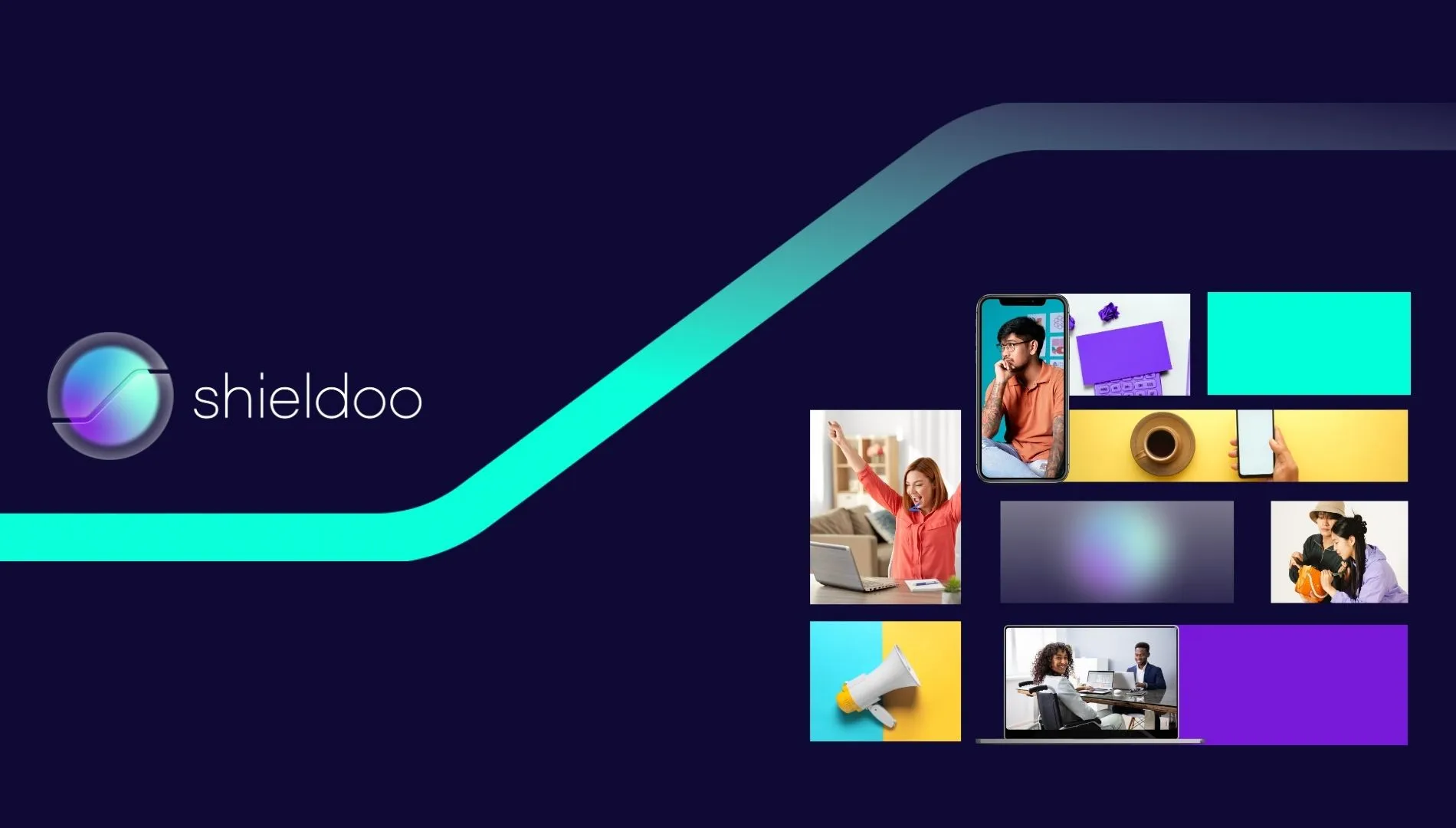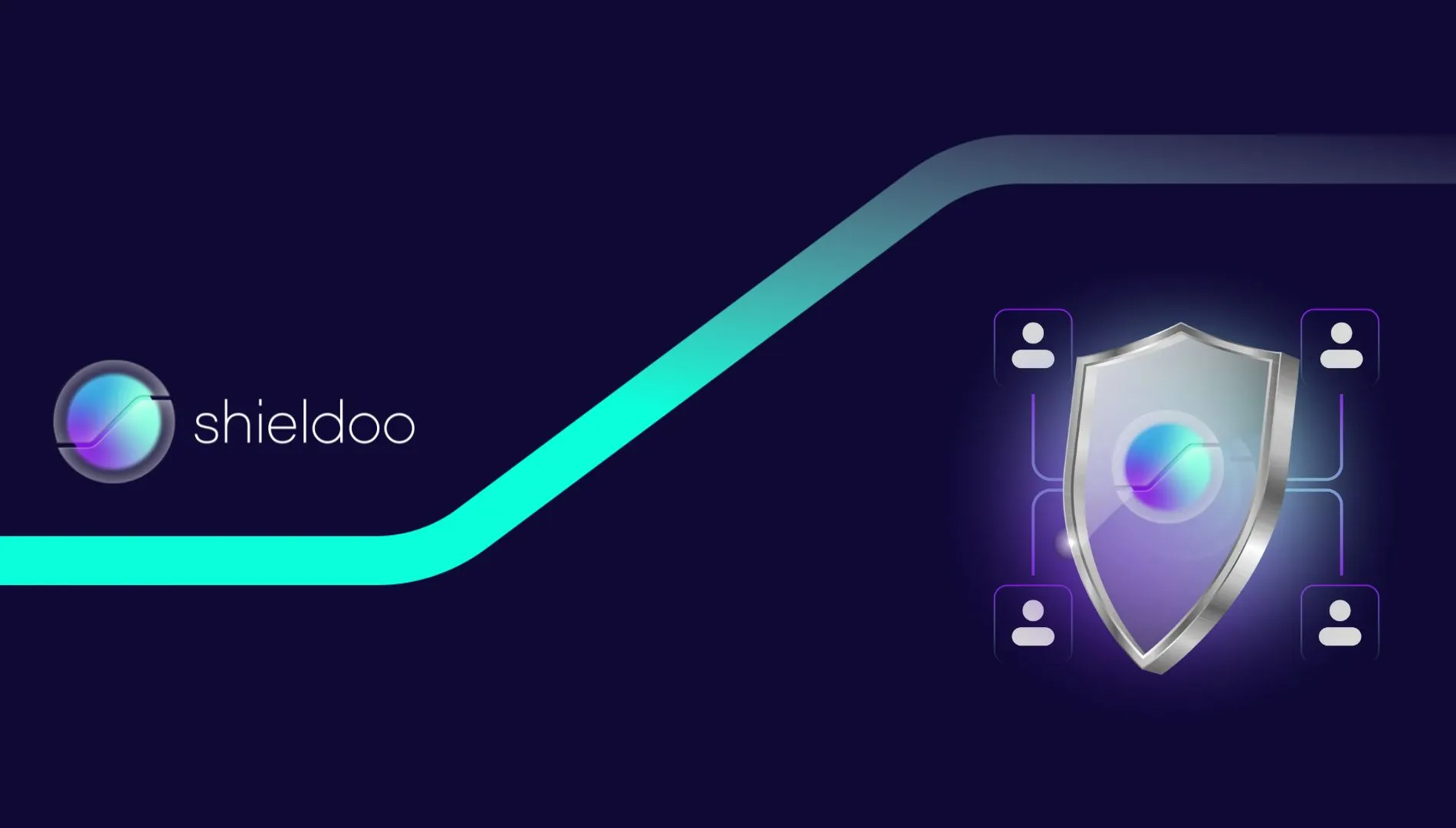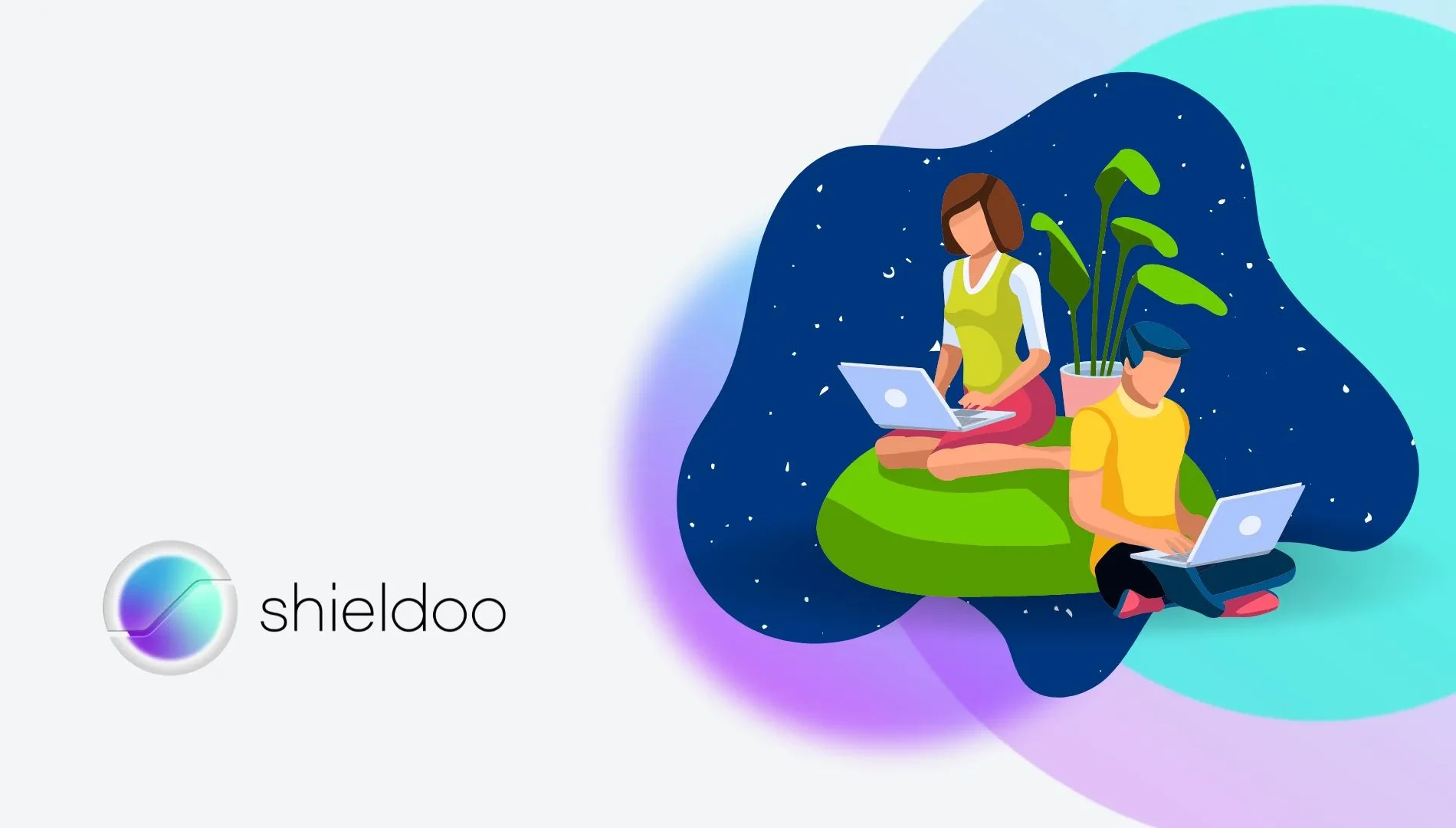Estimated read time: 8 minutes
What is VPN and why do I need it?
A VPN is a Virtual Private Network. Imagine it as an environment where you can build an encrypted "tunnel" between 2 points for the secure transmission of your data. It is the primary way how to protect your data. Without this "tunnel", your data are practically public and completely not protected.
How the VPN works?
VPN authenticates a user outside the network before letting him through the tunnel. If I use a VPN, my internet provider and third parties will not monitor my work on the Internet.
Virtual private network is a secure connection between two separate local networks. It is usually a connection between your home and office or from public Wi-Fi points to your home or office.
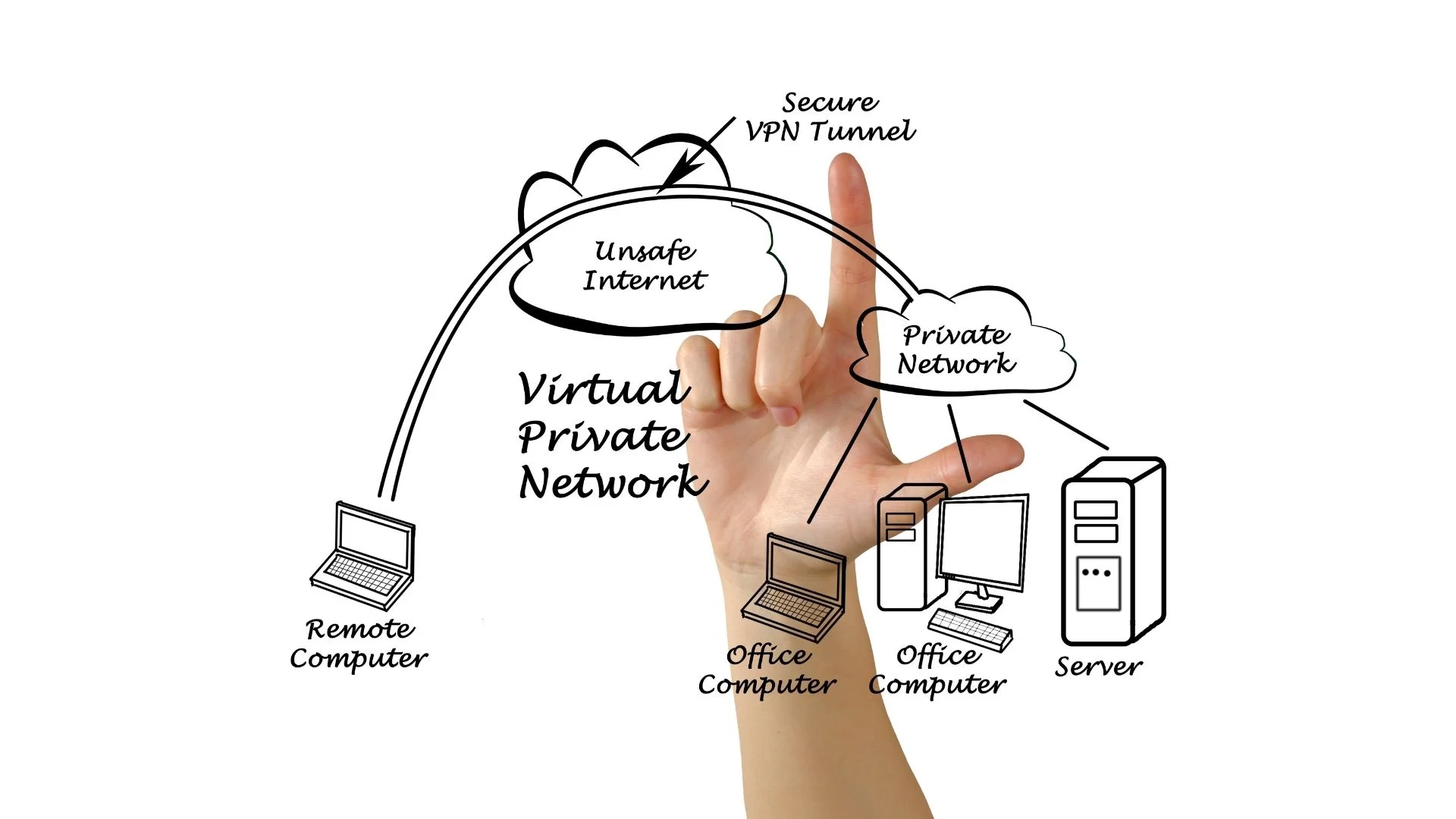
What should I use a VPN for?
When you are working from home, VPN connection allows you to securely reach resources located in your office and helps protect confidential business information from being stolen outside the office. On the contrary, you may need some data from your home server when you are at work. The VPN is necessary also when using public Wi-Fi points, which are available everywhere, and we use them daily. And what about when travelling, when you are on vacation etc.
The following diagram shows the usual internet connection:
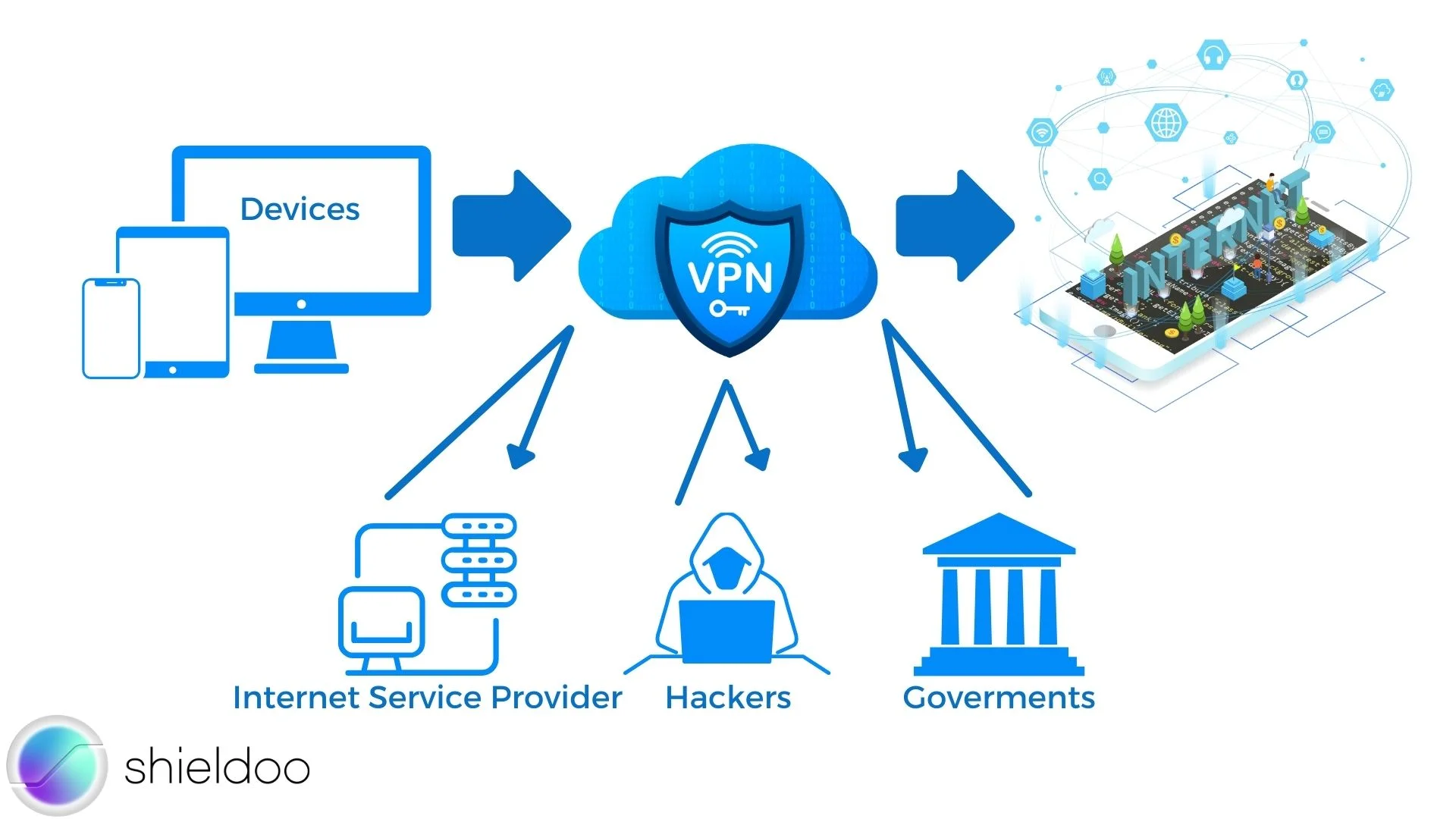
You may need a secure connection to protect your data wherever you are. There are a lot of situations in everyday life. Are these ten familiar to you?
1. ISP tracking
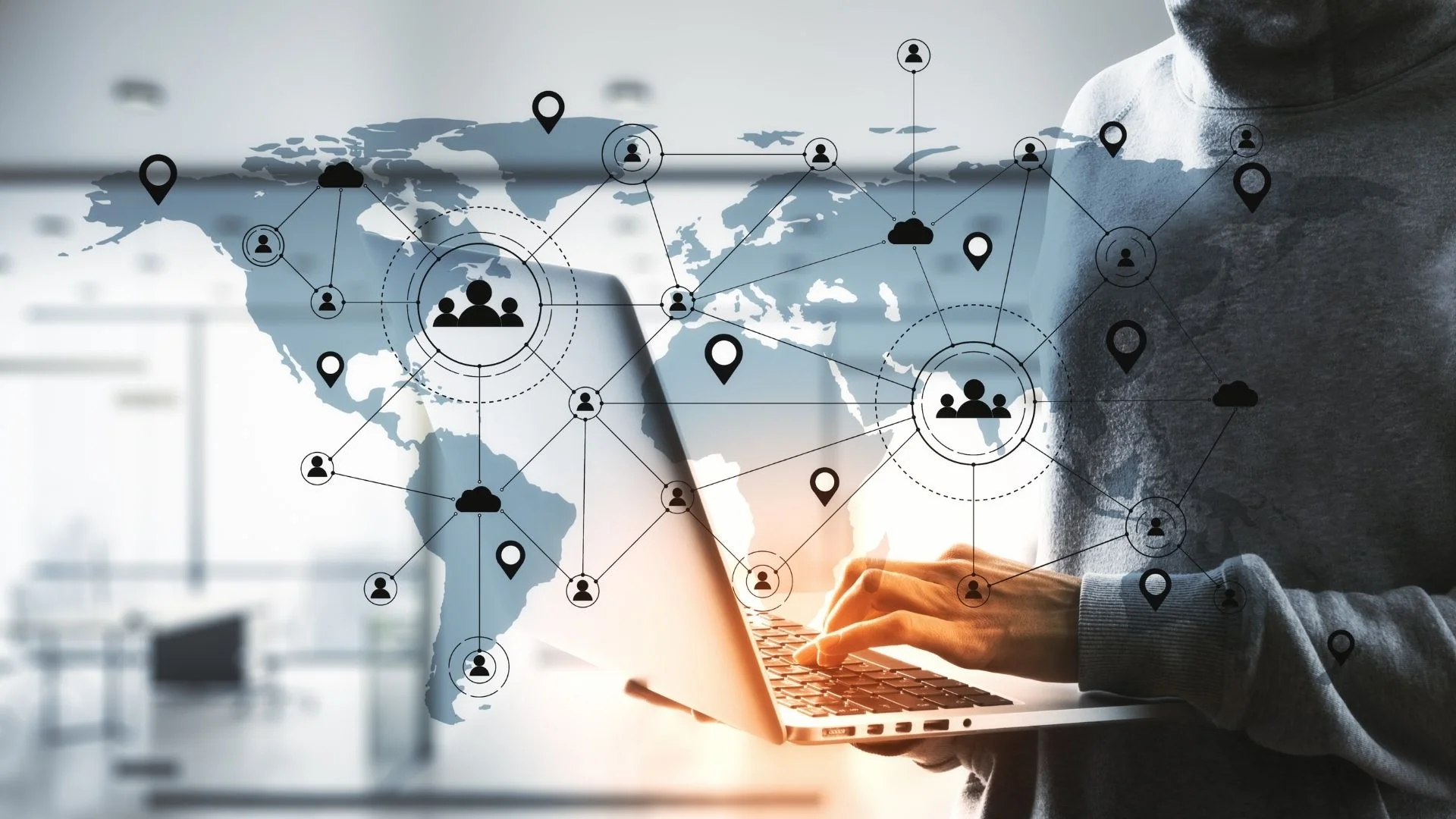
The ISP tracking is the practice through which Internet Service Providers record information about online connections and the activities of their subscribers. That means everything from your search history to your email conversations can be monitored and logged by your Internet Service Provider. What's worse? They can even sell such data.
2. Access to a home network
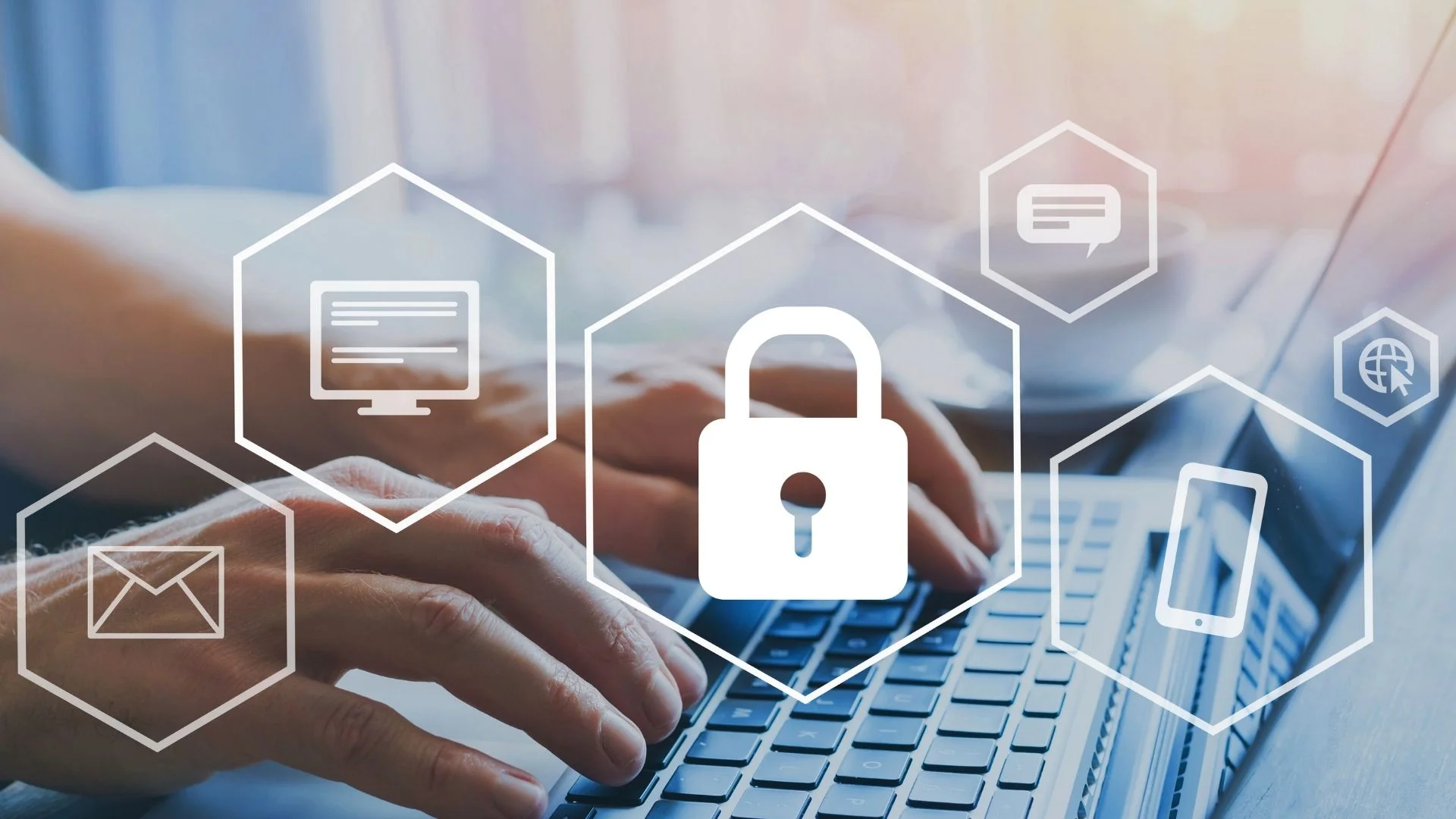
Do you have two desktop computers, the primary one at home and the second computer at work? They usually contain a diverse collection of data for work and personal purposes. If you need some personal data while at your office, the easiest way to get them is to set up secure remote access using a VPN.
3. Public Wi-Fi points
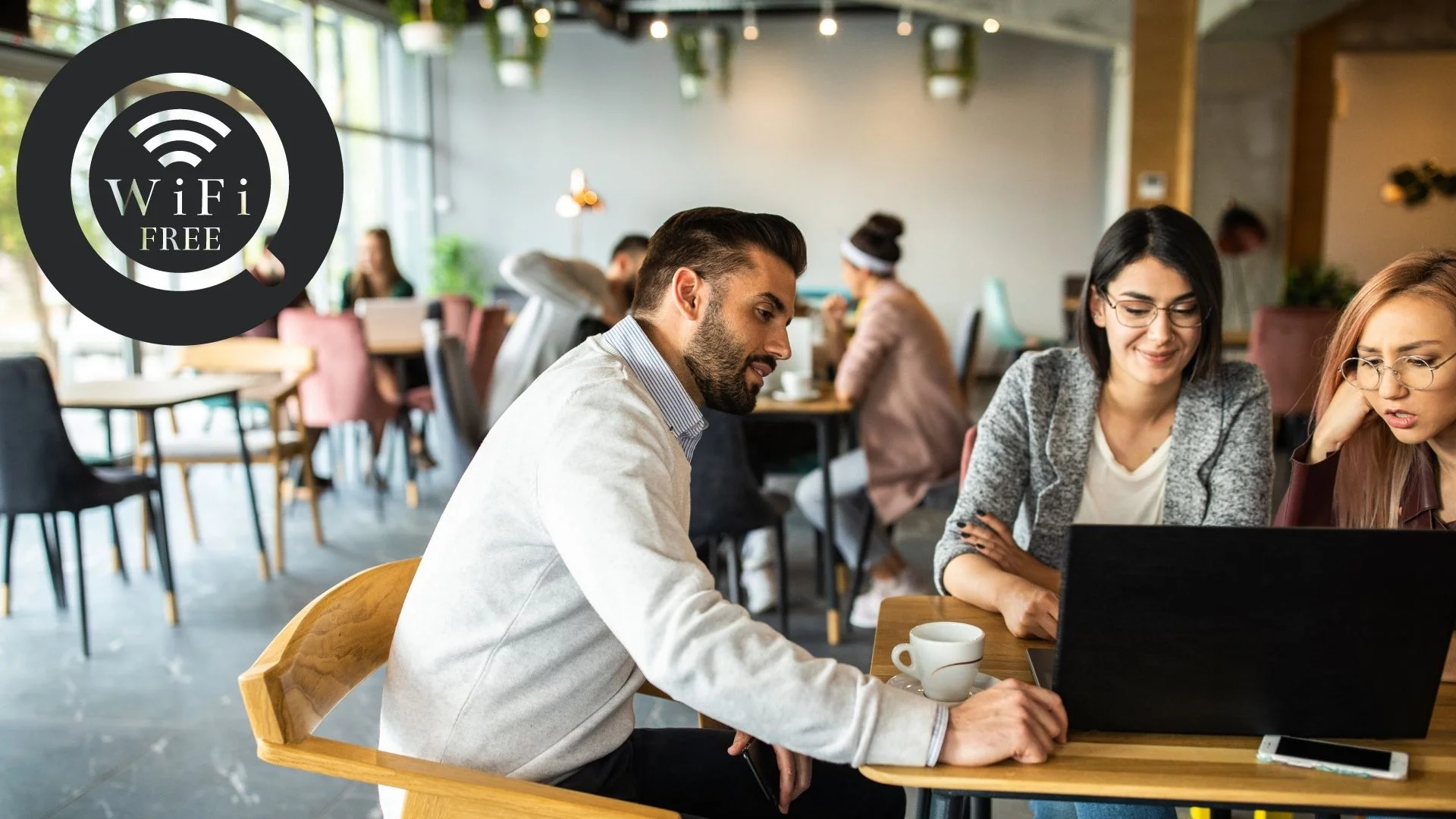
They are everywhere, and we use them daily. Many places offer free Wi-Fi access, such as schools, hotels, shopping centers, libraries, hospitals, airports etc. The problem with these wireless hotspots is that they don't use encryption protocols to keep traffic secure, giving open access to all using a shared password in most cases or no password at all.
4. Home office

When you work remotely from your home, VPN allows you to securely reach resources like a webserver or printer located in your office and helps protect confidential business information from being stolen while outside of the office.
5. Shopping online everywhere
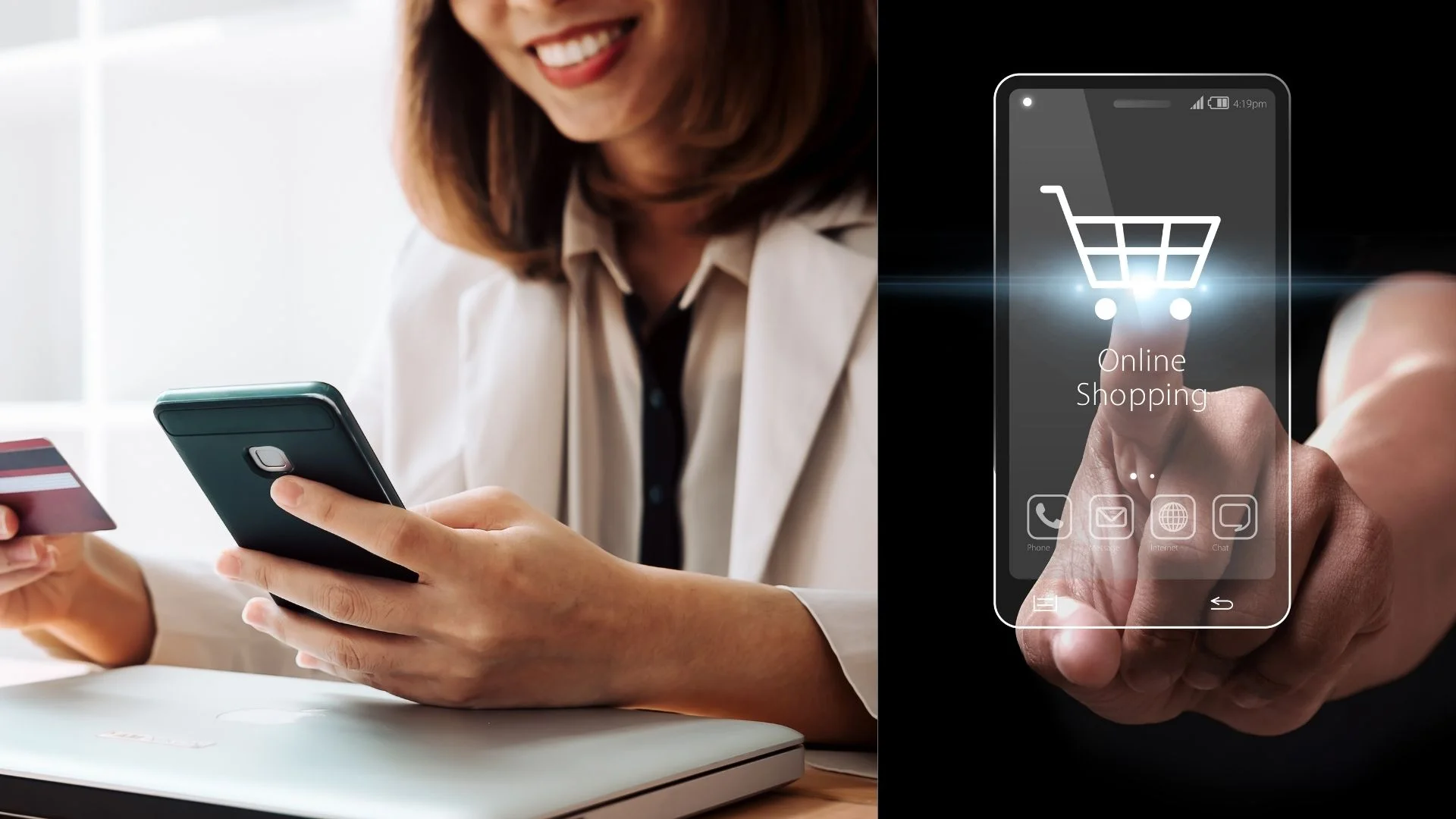
Imagine you are travelling abroad and would like to order something in your favorite e-shop, which is globally widespread, with delivery on your arrival. In this case, you need to use a VPN server in your home country to access the site as if you were at home. Otherwise, you end up at the website of the current country.
6. Disturbing advertisements
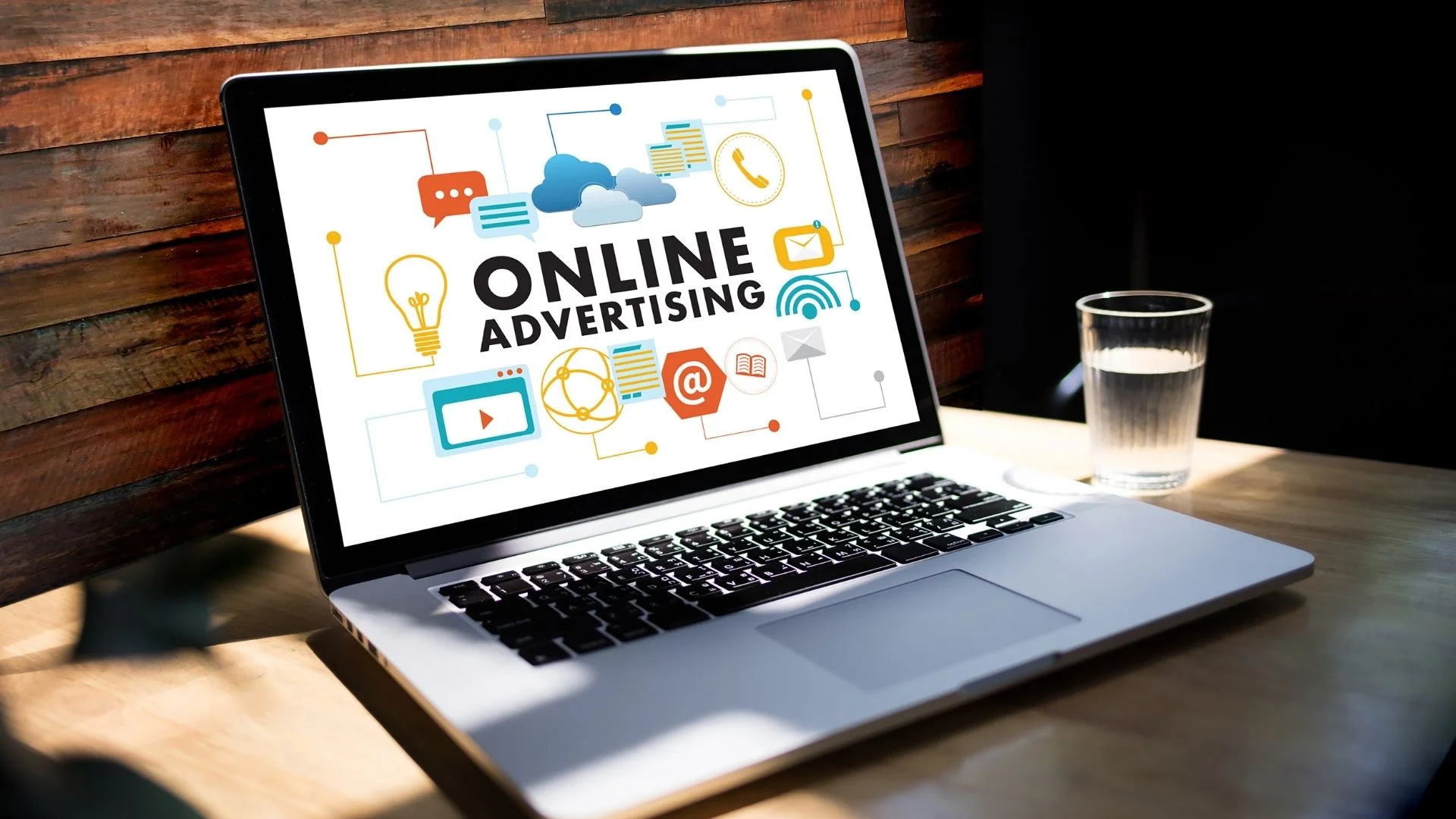
Besides ISP tracking, there is another kind of tracking users based on IP addresses. Internet advertisements are often targeted directly at the user in this way. Everybody probably has an experience that when searching for something to buy, subsequently visited websites promoting similar products to the one he just searched for. The VPN keeps the IP address hidden.
7. Geo-blocked content
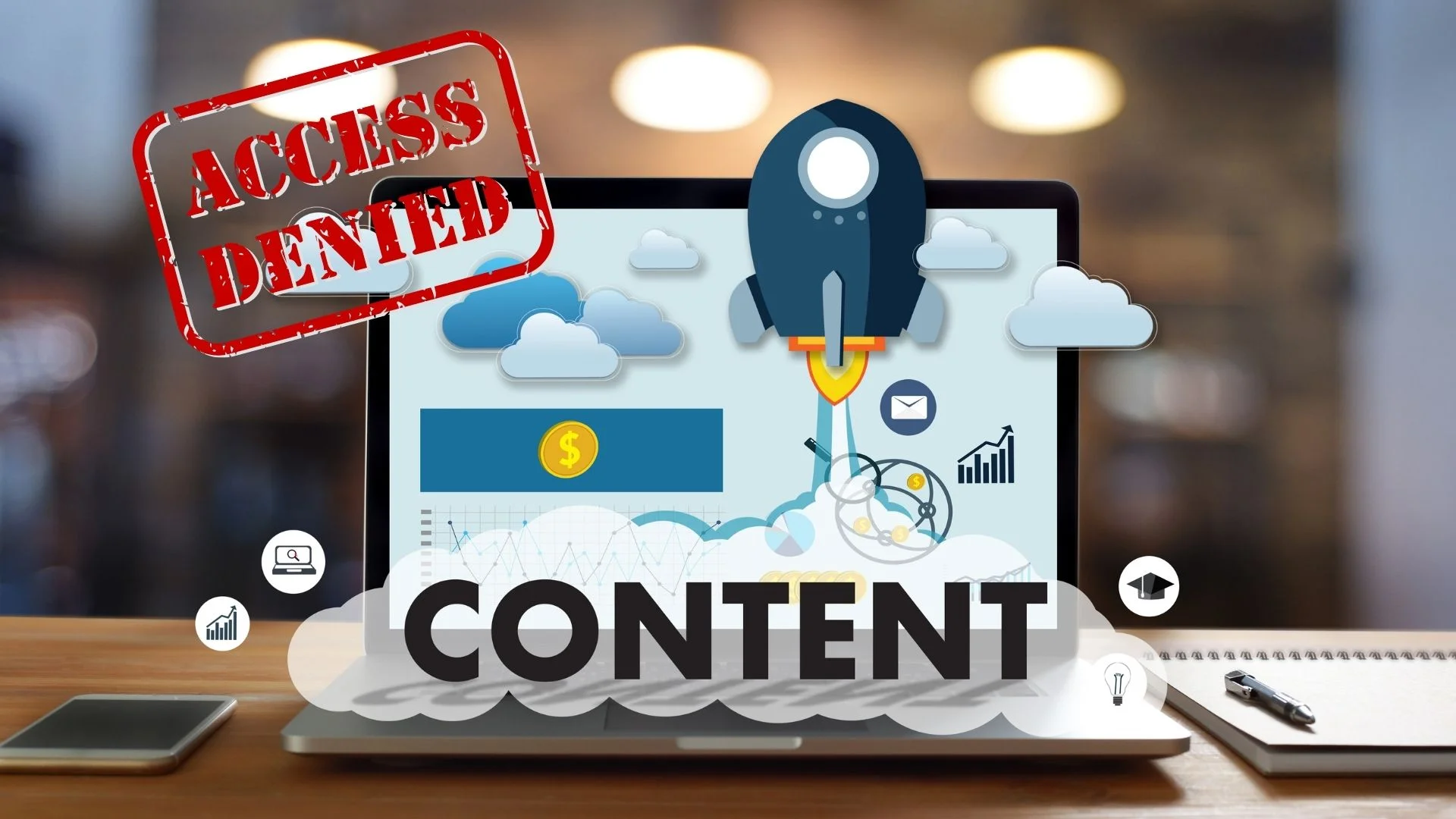
Geo-blocked content is internet content that is blocked based on a location. For example, this restriction often happens in the case of TV shows or movies (who did not experience problems while trying to access Netflix series?). The solution is to anticipate the usage when choosing a VPN provider and verify if the servers of its VPN are located in a selected country.
8. Additional protection against hackers
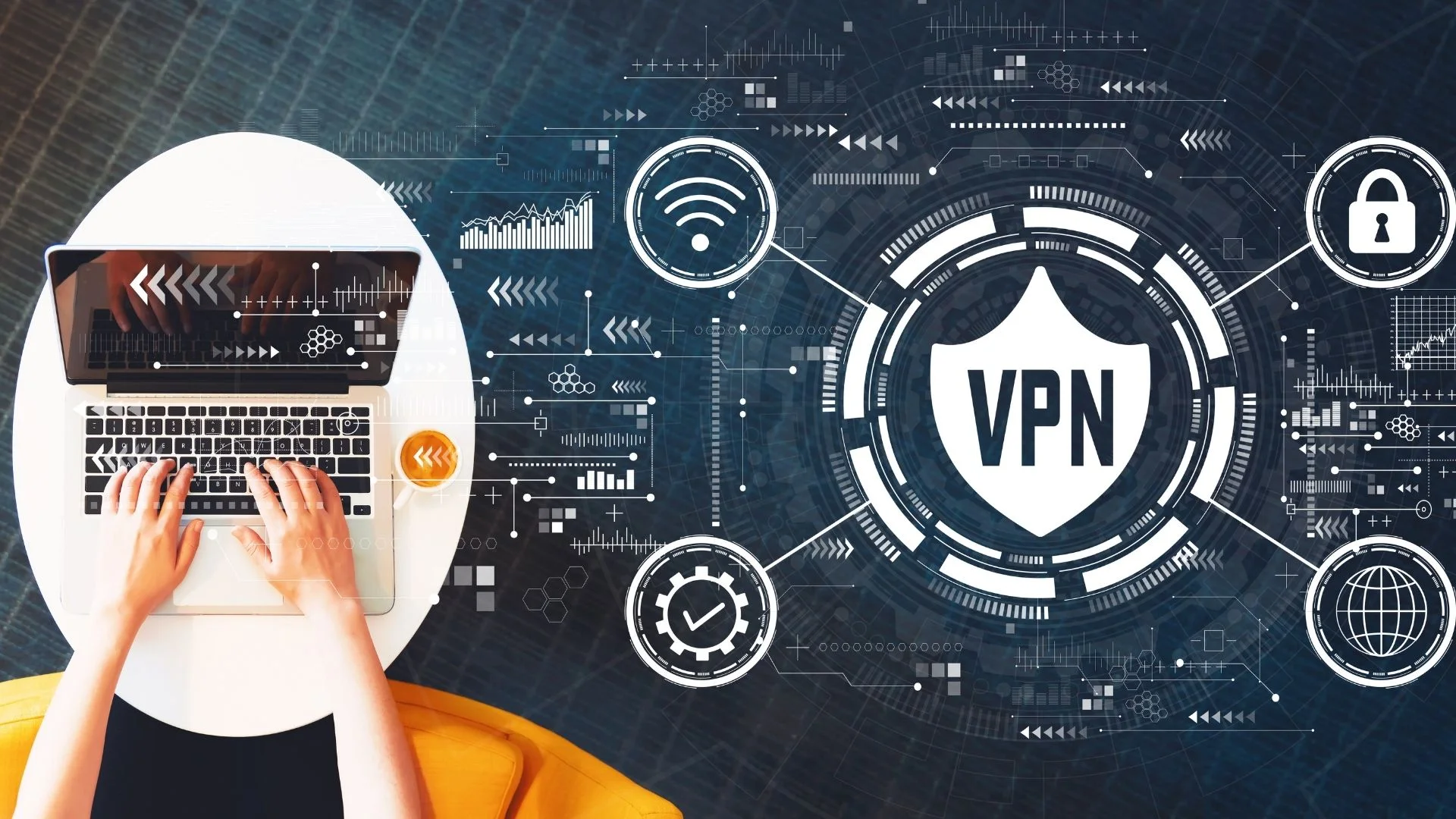
While a firewall is installed on your network's router and keeps attackers off, a VPN is an additional layer of protection hiding your IP address. So, any hacker attack will be directed against the VPN server and not your network.
9. Tricky surveys
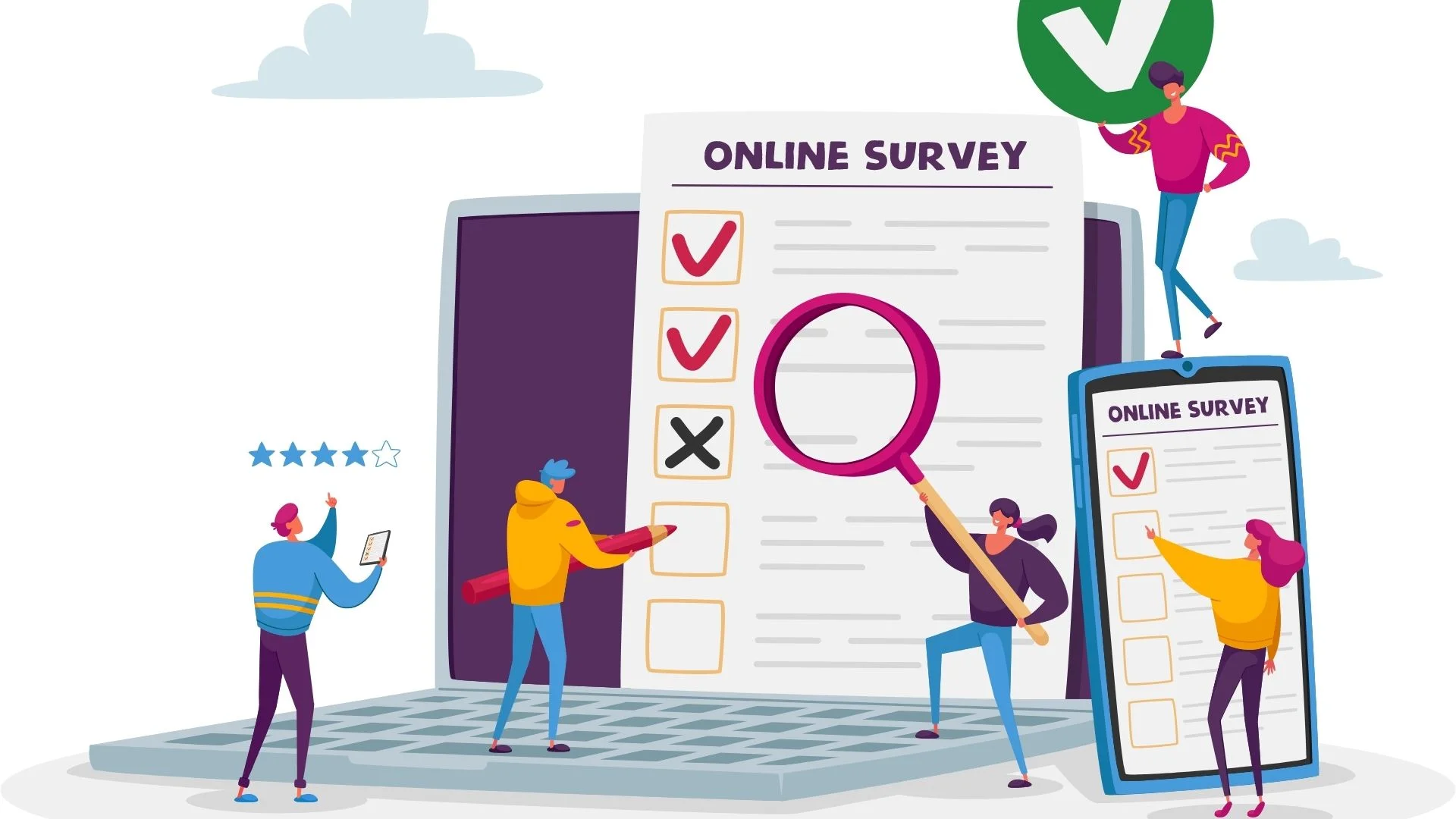
Another use of IP address is associated with web surveys. The surveys you complete online are often tied back to the IP address that you complete it from. Therefore, when you come back to fill out the survey again, the survey host knows you've already filled it out. If you connect to a VPN, you can submit your answers again with a new IP address. So, VPN helps to make these tricky surveys more anonymous.
10. General privacy
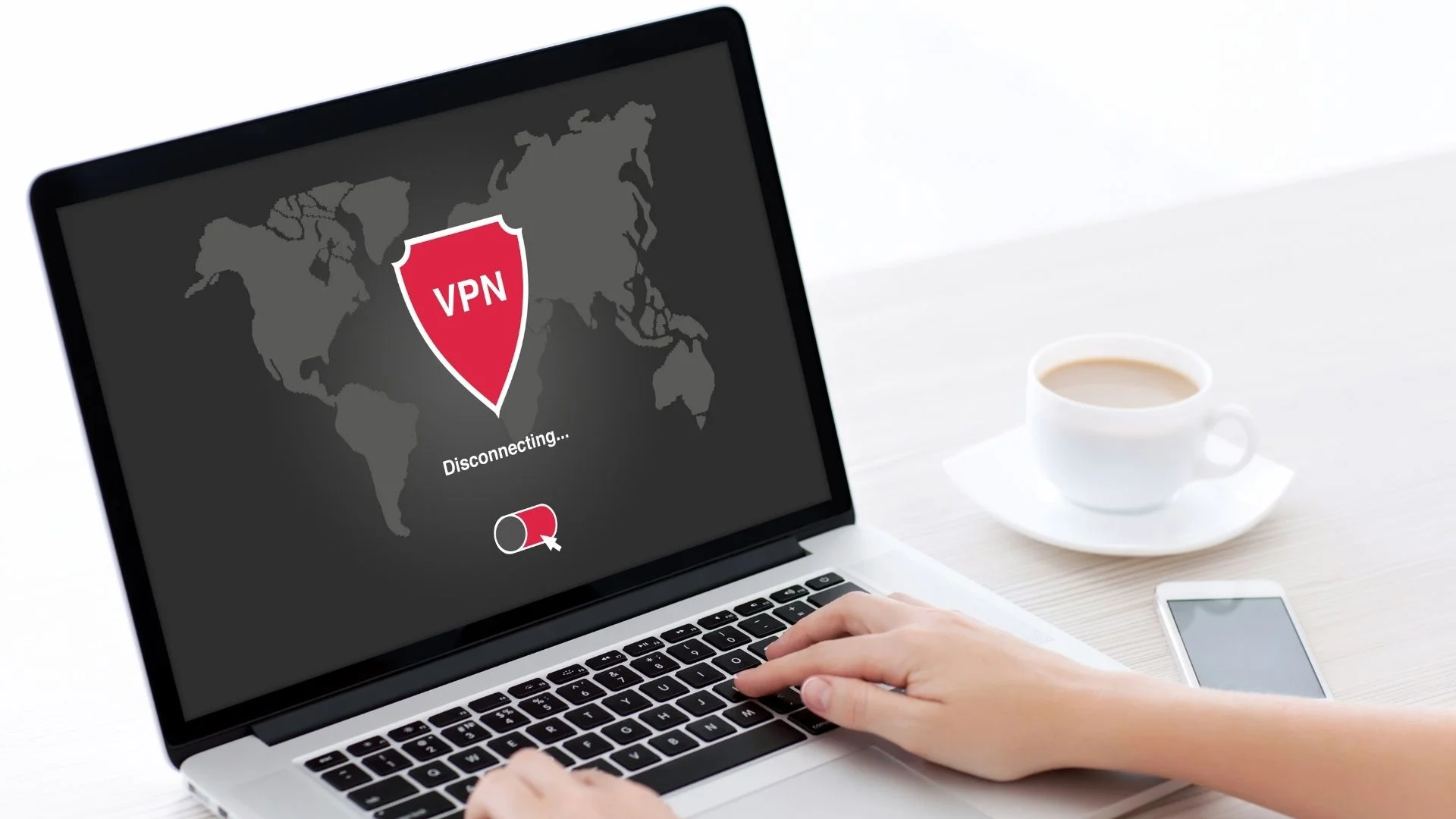
There are prying eyes everywhere on the Internet. Using of VPN can ensure privacy from websites, search engines, e-shops etc., who constantly track IP addresses, location, and all personal information one may drop on the Internet. It works as well for downloading and uploading, and last but not least online chats and an entire communication.
Is the VPN good enough?
The Internet is a vast, ever-changing landscape that offers countless opportunities for users and providers alike. Unfortunately, there are also undersides to this beautiful invention. With all the information we have on data theft and hacking, it's more important than ever to protect your data and personal information. VPN has been the essential tool in recent years as a primary tool, but there are always better ways of protecting yourself.
The VPN has earned a legacy for becoming an essential tool in establishing network security. However, as the Internet matures and threats to security increase, the limited features of a VPN are incapable of protecting sensitive data. With advanced IT solutions like SDPs breaking into the market, VPNs are slowly becoming outdated technology. VPNs fall short in adapting to the hybrid workspaces of today, decreasing security levels significantly. Due to VPNs operating from a physical network of computers, their coverage is limited and unable to offer security for employees accessing the network from home or outside the office space.
In conclusion
Cyber security is becoming more and more important, which is why we provide you with essential information in a wide variety of articles on our blog. Read more e.g. about VPN vs SDP or Finding the Right Tools for Managing Secure Remote Connections.
We also developed a new tool Shieldoo™️ based on Nebula from Slack which can help you to provide secure connection between end-users and servers. You can try your own private network here.
FAQs
What is VPN client?
Using a VPN, you need the VPN client (software on your device) which connects to the VPN server. The VPN client establishes the secure connection between the user and server.
Why to use the VPN services?
It can provide more security while e.g. work remotely from home, it can allow to access Netflix from different country (with restrict access for your specific country), etc.
See other possible examples of VPN usage in the article above.
How to establish VPN connection?
Usually you open the VPN app of your VPN provider and use login and password to access securely the VPN server. After the VPN connects, your real IP address is changed to the IP address of the VPN server.
Can VPN connection be used on mobile devices?
Usually the VPN services can be used on a mobile device as well.
How secure is VPN connection?
VPN services encrypts the internet communication. This way the VPN protects the data exchanged via the VPN connection.
Does VPN service increase the internet security?
Yes, it does. Online security can be a difficult matter today, and data protection is definitely an important part of it. Using a VPN, you increase the protection of your data as it is exchanged via secure connection.
Do VPN connections slow down the internet traffic?
The advertised connection speed is usually presented as almost the same. But the speed of the VPN depends on the speed of your internet connection. There could be slight slowdown which usually does not exceed 10-20% of the speed.
Is it possible to hack a VPN?
The true answer is yes, even the VPN can be hacked, BUT it is really difficult to hack a VPN as they use the high-end encryption to provide as much protection as possible.
FAQs
What is VPN client?
Using a VPN, you need the VPN client (software on your device) which connects to the VPN server. The VPN client establishes the secure connection between the user and server.
How to establish VPN connection?
Usually you open the VPN app of your VPN provider and use login and password to access securely the VPN server. After the VPN connects, your real IP address is changed to the IP address of the VPN server.
How secure is VPN connection?
VPN services encrypts the internet communication. This way the VPN protects the data exchanged via the VPN connection.
Is it possible to hack a VPN?
The true answer is yes, even the VPN can be hacked, BUT it is really difficult to hack a VPN as they use the high-end encryption to provide as much protection as possible.
Does VPN service increase the internet security?
Yes, it does. Online security can be a difficult matter today, and data protection is definitely an important part of it. Using a VPN, you increase the protection of your data as it is exchanged via secure connection.
Why to use the VPN services?
It can provide more security while e.g. work remotely from home, it can allow to access Netflix from different country (with restrict access for your specific country), etc. See other possible examples of VPN usage in the article above.


